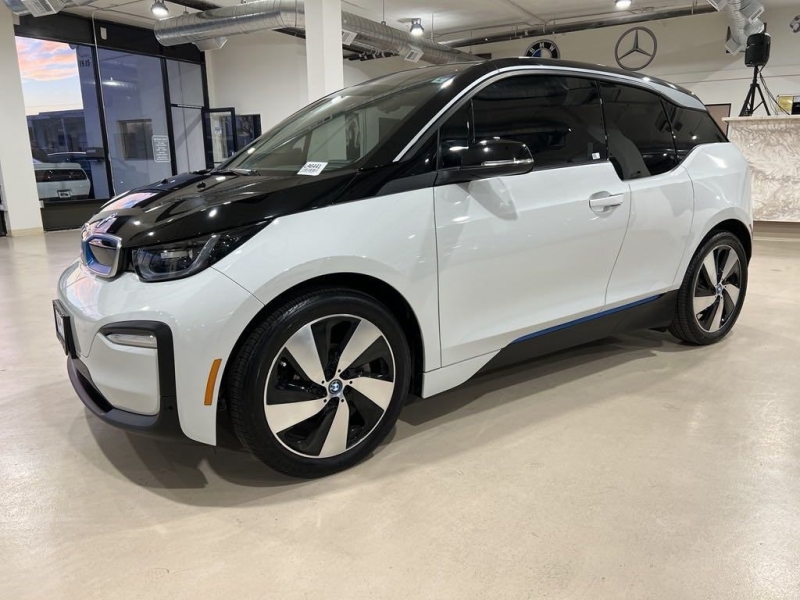BMW announced plans to discontinue the BMW i3, the brand’s electric compact car. However, specific reasons for discontinuation may vary, and it’s advisable to check the latest updates from BMW or official sources for the most current information.
There are several factors that could contribute to the decision to discontinue a particular model:
- Aging Design: The BMW i3 was first introduced in 2013, and its design has been relatively consistent over the years. As automotive technology and design trends evolve, manufacturers may discontinue models with aging designs to make way for newer and more modern vehicles.
- Advancements in Electric Vehicle Technology: The electric vehicle (EV) market has seen significant advancements in battery technology, range capabilities, and overall performance. Automakers may choose to focus on developing and introducing new electric models with improved technology rather than continuing production of an existing model.
- Market Demand: If the market demand for a particular model decreases or if consumers are more interested in other types of electric vehicles, manufacturers may decide to discontinue or phase out production to allocate resources to more popular models.
- Economic Factors: Economic considerations, such as production costs, sales performance, and profitability, can influence decisions to discontinue a model.
- Strategic Shift: BMW, like other automakers, may undergo strategic shifts in its product lineup. This could involve prioritizing certain vehicle types, segments, or technologies over others.
It’s worth noting that the automotive industry is dynamic, and decisions about model discontinuation can be influenced by a combination of internal and external factors. If you are interested in the latest information on the BMW i3 and the reasons behind its discontinuation, I recommend checking official BMW announcements or reaching out to BMW representatives for the most up-to-date details.


